Zionist regime a ‘wounded snake’ striking desperately to save itself: Ex Diplomat
By Alireza Hashemi
Israeli Prime Minister Benjamin Netanyahu is embroiled in a deep crisis and is resorting to desperate measures, including assassinations, to maintain his grip on power, says a former Iranian diplomat.
Ahmad Dastmalchian, Iran's former ambassador to Lebanon and Jordan, made these remarks in an interview with the Press TV website following the assassinations of top Hezbollah military commander Fuad Shukr in Beirut and Hamas political bureau chief Ismail Haniyeh in Tehran.
He characterized the Tel Aviv regime as a “wounded snake” striking in a bid to survive.
“The Zionist regime has entered a deep crisis and a crushing deadlock, acting like a wounded snake, striking out desperately to save itself. Netanyahu, the leader of the terrorists ruling the Zionist entity, sees his survival in escalating crises and committing more crimes,” he said.
Dastmalchian asserted that Netanyahu is committing abhorrent crimes, believing he can avoid prosecution. Many in the regime oppose his actions as harmful to the entity itself.
“Netanyahu believes he can evade prosecution for his crimes, but once a ceasefire is established, international courts will pursue him and his associates. His primary strategy is to escalate the crisis at any cost, even if it harms the Zionist entity,” he added.
The former envoy said the recent speech by Hezbollah leader Sayyed Hassan Nasrallah, indicating that the battle against Israel has entered a "new phase," was a calculated threat that embodies both deterrence and a challenge to shatter the regime’s illusion of security.
He emphasized that Nasrallah has effectively created a new dynamic amid rapidly changing regional developments, as recent Israeli military action breached an unwritten agreement that previously governed interactions between the regime and the Lebanese resistance.
Hezbollah chief Nasrallah on Israeli assassinations in Beirut and Tehran:
— Press TV 🔻 (@PressTV) August 1, 2024
"Laugh a bit and you'll weep a lot because you don't know what red lines you've crossed!" pic.twitter.com/74m0I14som
Dastmalchian noted that Hezbollah's restraint previously was based on this unwritten agreement to avoid expanding the scope of war with the Israeli regime.
However, after the cowardly assassination of the senior resistance commander in Beirut, Hezbollah is positioned to retaliate against Israel at any time and from any location, using its extensive arsenal.
“The message from Mr. Nasrallah is very calculated and precise,” Dastmalchian stated.
“Until now, Hezbollah's actions were aligned with a protracted battle in northern Palestine to support the Mujahideen (resistance fighters) in Gaza. The agreements established in 2000 and 2006 dictated that the Zionist regime should not compromise the security of Lebanon.”
With the breach of this agreement, Dastmalchian stressed that Hezbollah could revert to the conditions of 2000 and 2006, meaning that no part of the occupied territories would be safe any longer.
He added that Hezbollah's capabilities have grown significantly since the 33-day war, allowing the movement to inflict substantial damage on Israel and place the regime in a precarious situation.
Israel can’t feel secure
Dastmalchian stressed that Israel is aware and wary of this scenario, and cannot afford a new full-fledged war, especially after ten months of genocidal war on Gaza, which has depleted its resources.
He hastened to add that the resistance axis has the potential to deliver decisive blows on the Israeli regime.
“This is something the Zionist regime cannot tolerate. Even if they manage to involve other countries, including the US—which seems unlikely—a broad regional conflict will likely ensue, where the resistance axis, with its vast number of combat forces, can execute effective and decisive actions,” he noted.
“Therefore, the meaning of Sayyed Hassan's words carries a precise and specific significance that embodies both deterrence and a serious, real threat. From now on, the Zionist regime shall not feel secure.”
A plot to undermine Iran's new administration
Dastmalchian stated that the regime also had another motive for assassinating Haniyeh in Tehran: to derail the newly elected government led by Masoud Pezeshkian and block its outreach efforts.
“The recent elections in Iran saw the new government attempting to open diplomatic channels and establish new political relations. The Zionist regime, caught in its own crisis, resorted to radical actions to disrupt this,” he explained.
He noted that the resistance axis is fully aware of Netanyahu’s motives and will respond to the attacks tactfully, as it has pursued a unified strategy to weaken Israel through a war of attrition.
“We have observed a unified strategy among resistance groups from Yemen to Iraq, Lebanon, and Palestine, aimed at gradually weakening the Zionist entity through a war of attrition.”
On what lies ahead, Dastmalchian said he expects increased collaboration between Iran and regional countries to counter the “bloodthirsty entity.”
60 bodies recovered from abandoned South African gold mine: Police
Biden administration ‘quietly’ circumnavigating own ban on TikTok: Report
Iran Navy takes delivery of first advanced ‘signals-intelligence’ destroyer
Italian TV exposes Israeli manipulation of EU institutions
UK anti-corruption minister Siddiq resigns over links to Bangladesh ‘embezzlement probe’
VIDEO | Indian-administered Kashmir honors Imam Ali’s legacy of justice, leadership
Israel kills female Palestinian journalist based in Gaza’s Indonesian Hospital
US lawmakers demand answers from Biden on Israeli killing of Turkish-American activist


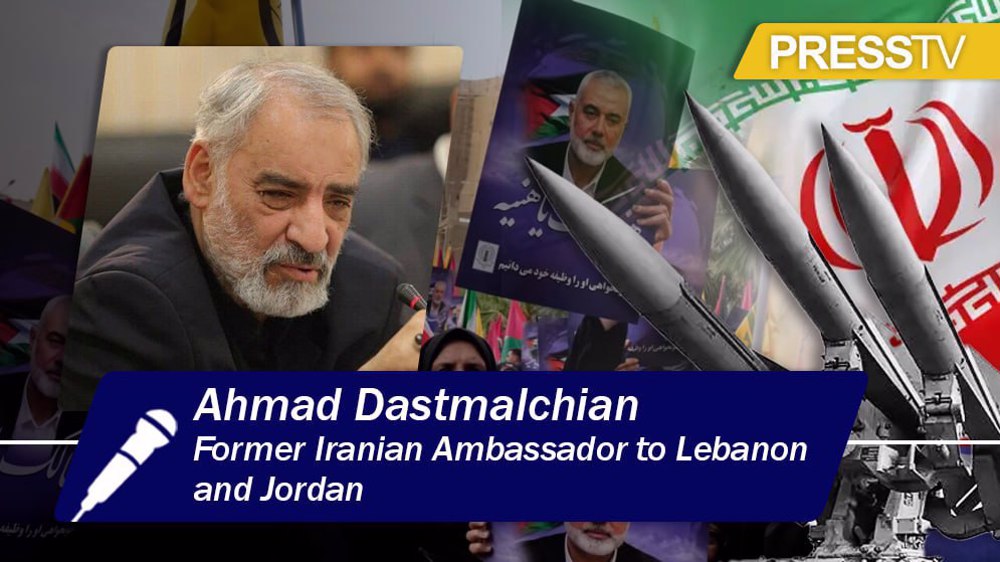
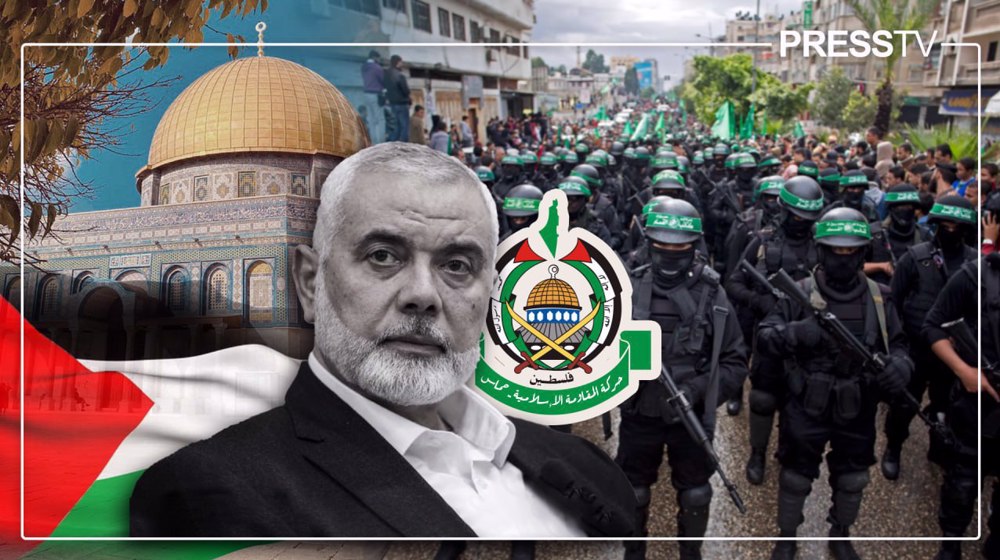


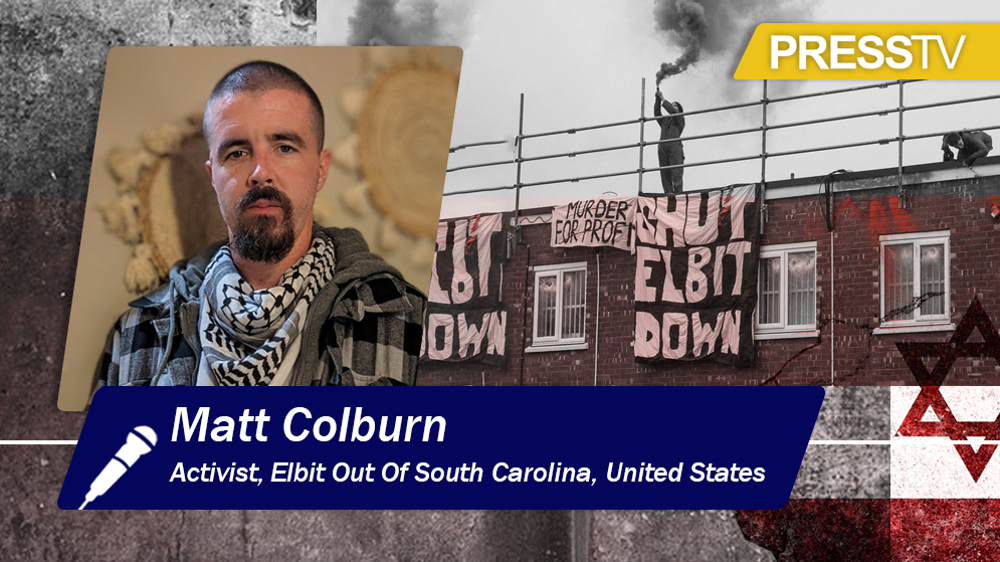



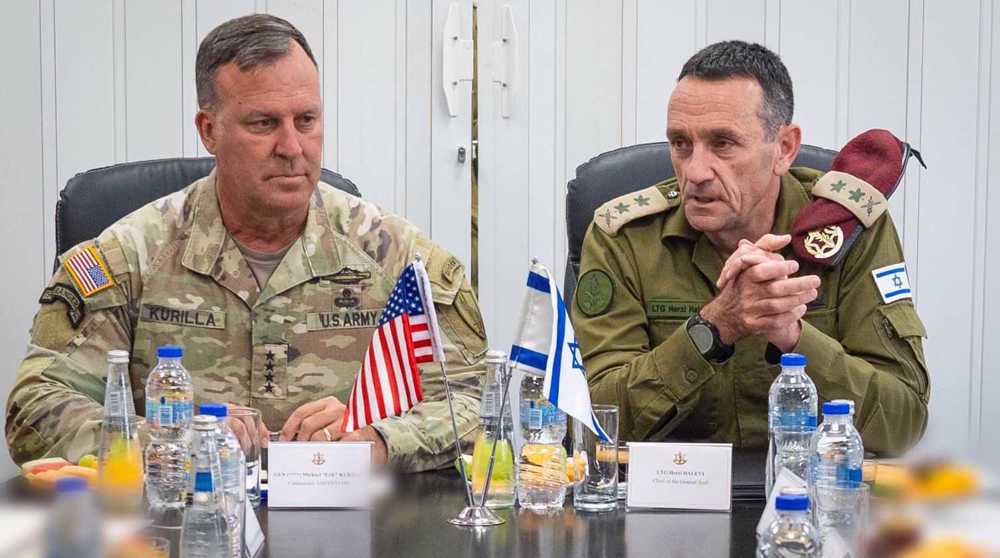
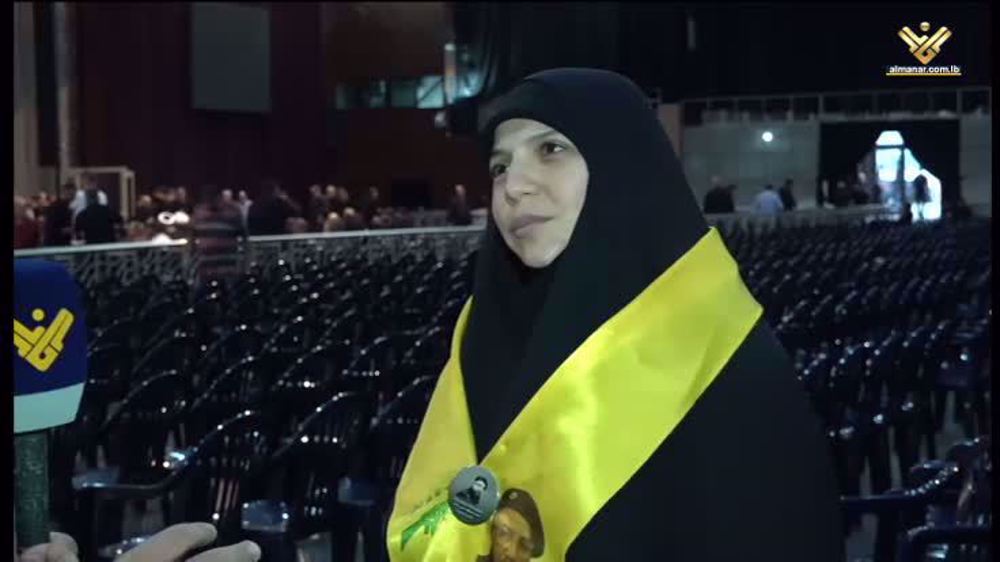
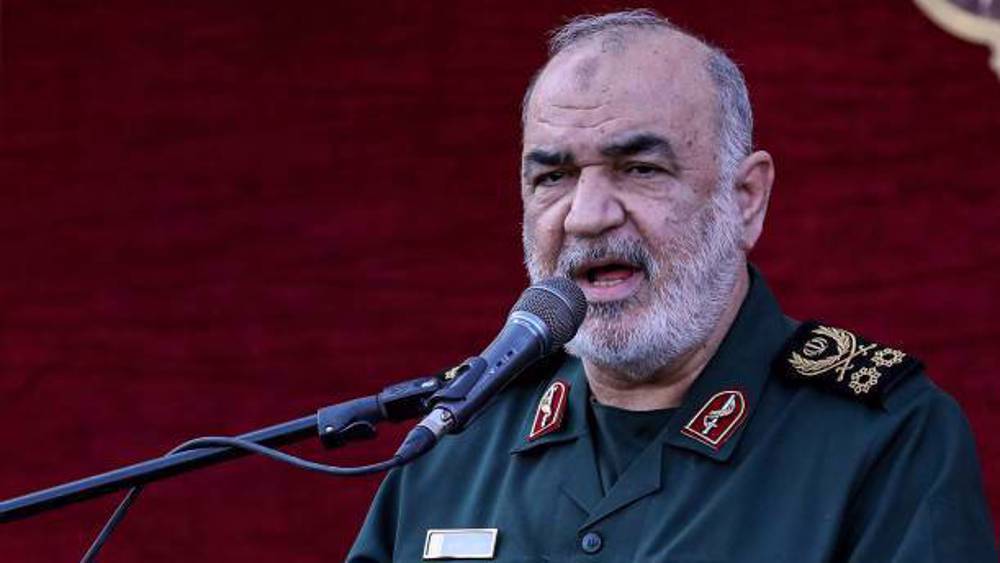
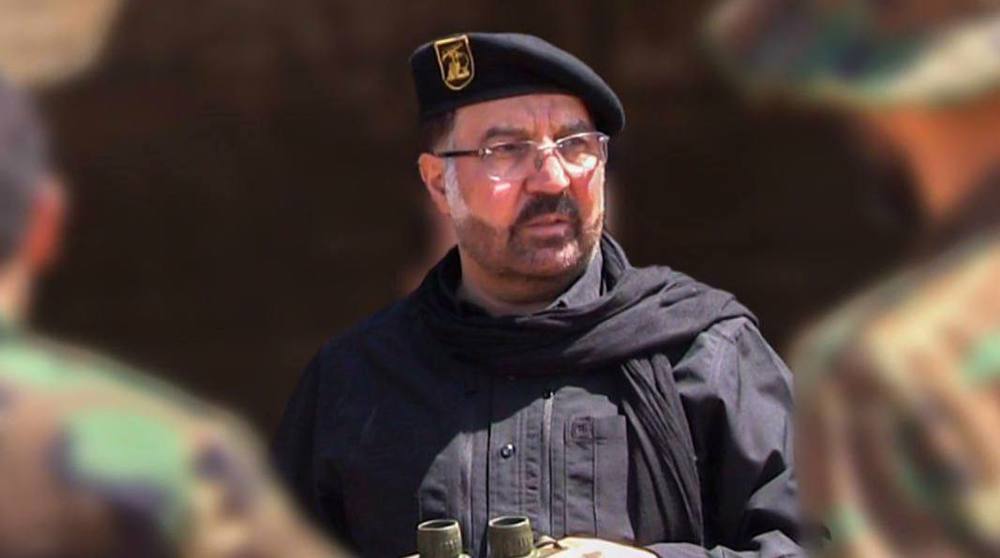
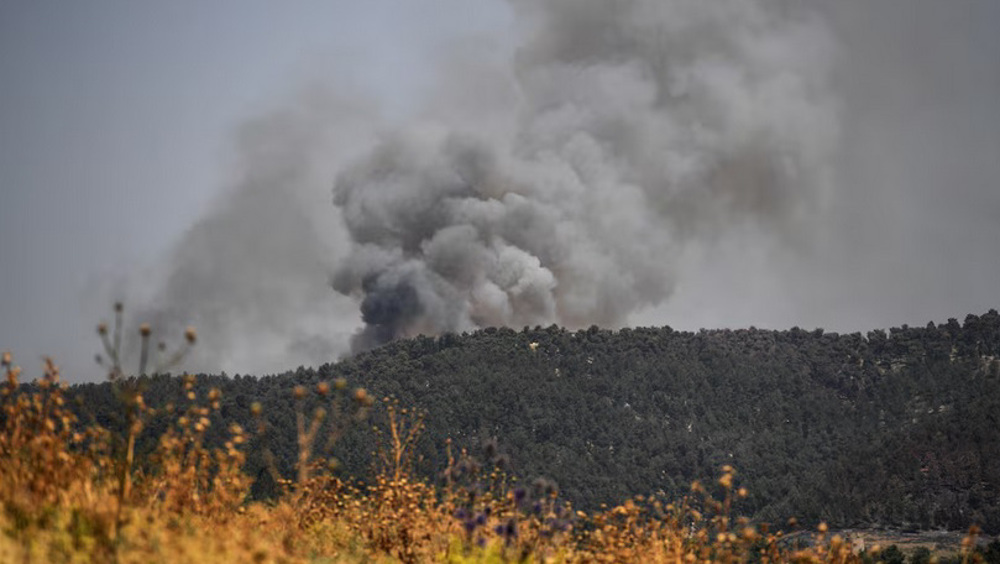

 This makes it easy to access the Press TV website
This makes it easy to access the Press TV website